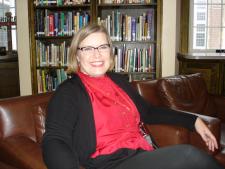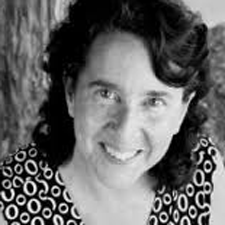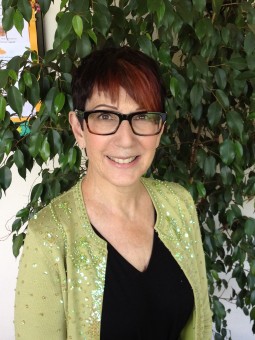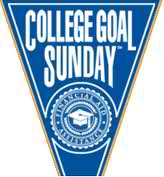November Financial Aid Checklist for Seniors
Posted on Tue, 11/06/2012 - 09:54
This is the third installment from college advisor Alice Kleeman in our monthly series for seniors on what you should be doing with regard to financial aid. Remember, while in most families it is up to the parents to provide the bulk of the money for college costs to the extent of their ability to pay, it is the student who applies for student aid. Read, save and use these monthly reminders!
* All students applying for financial aid -- whether you are considering attending two-year or four-year colleges—will complete a FAFSA. Familiarize yourself with the form. BUT DO NOT SUBMIT YOUR FAFSA BEFORE JANUARY 1—it will not be processed for the correct school year!
* Work with your parents to collect the documents you will need to complete the FAFSA—including tax returns for the most recent year, Social Security numbers, driver's license information, student and parent W-2 forms and other records of money earned, current bank statements, etc. The FAFSA web site lists the documents you will need here.












 Today, Alice Kleeman continues her excellent blog post about the "small stuff" that can trip up a college application process. Here are more of the frequently glossed-over college-related tasks that can make a difference:
Today, Alice Kleeman continues her excellent blog post about the "small stuff" that can trip up a college application process. Here are more of the frequently glossed-over college-related tasks that can make a difference: Elsa Heydenreich Clark is the Director of College Counseling at
Elsa Heydenreich Clark is the Director of College Counseling at 

